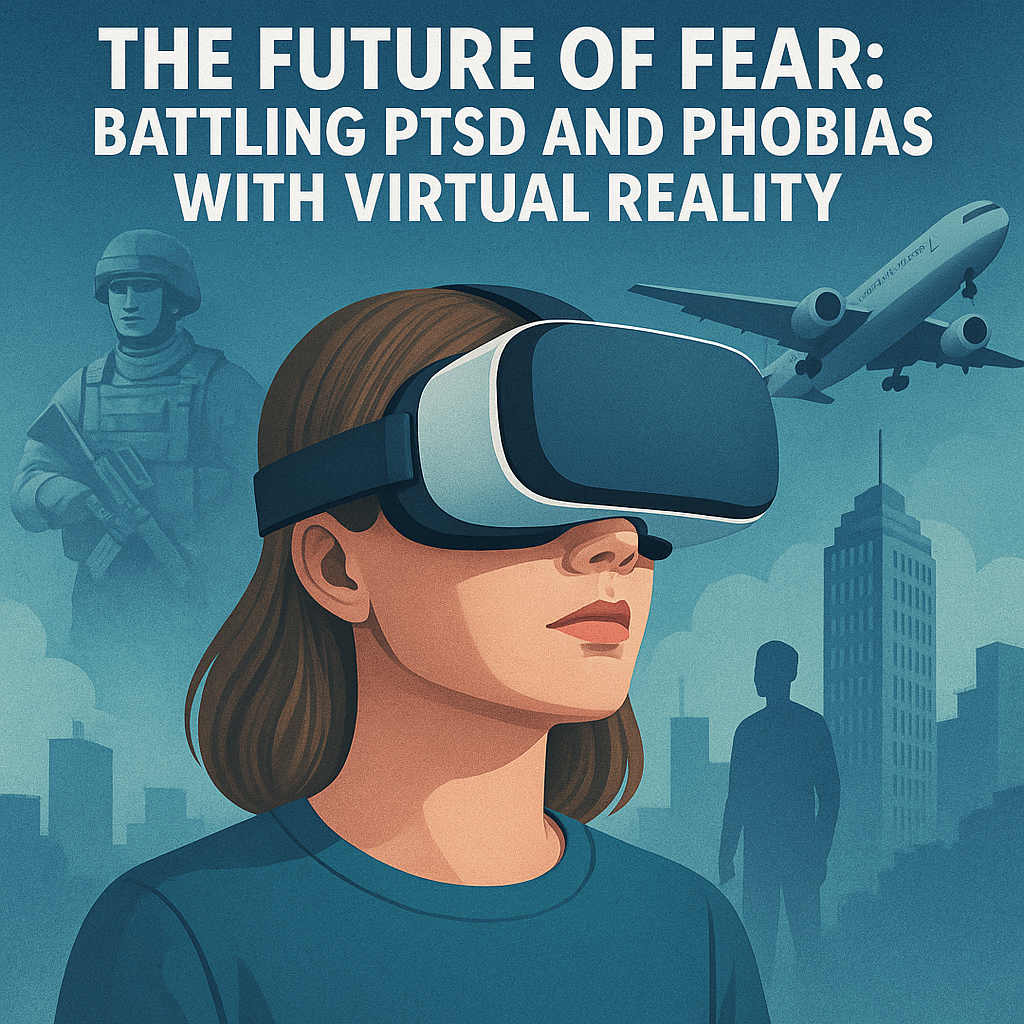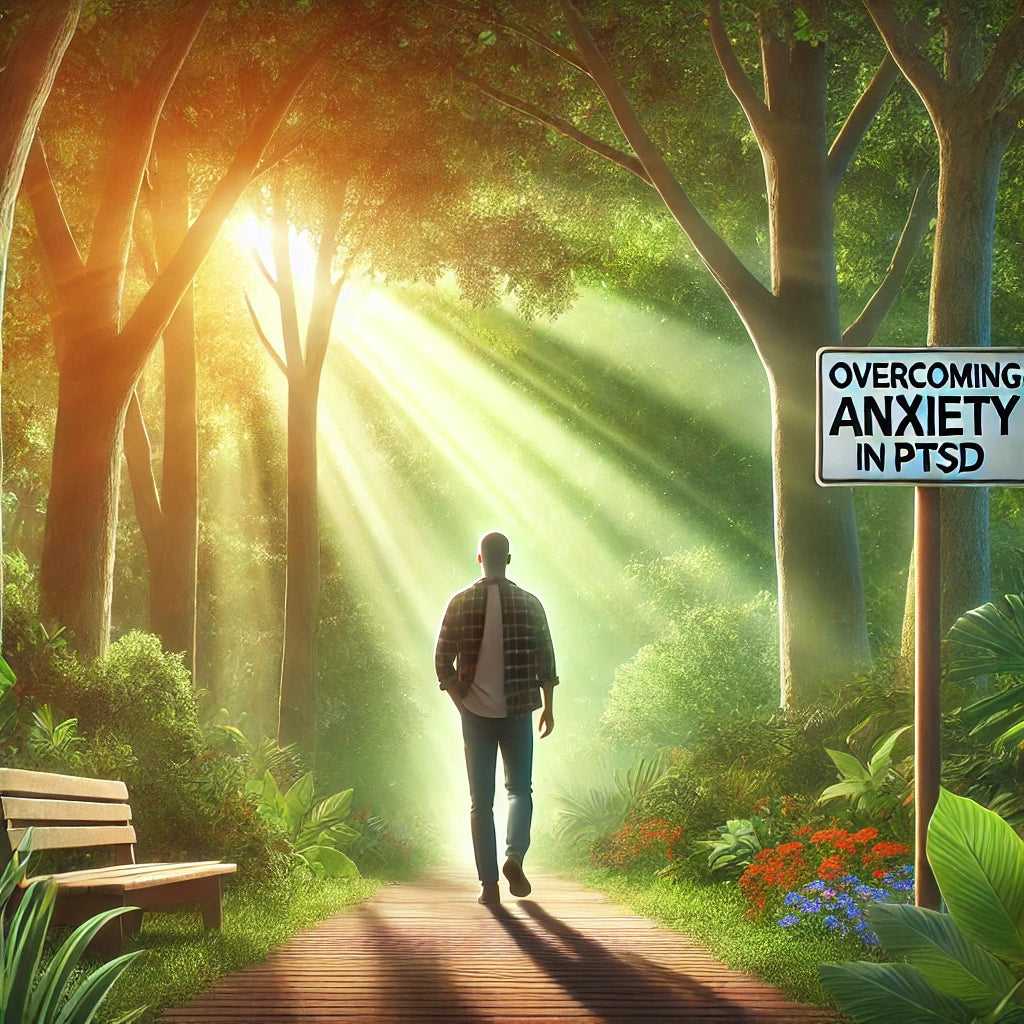News — PTSD treatment
The Future of Fear: How Virtual Reality is Transforming PTSD and Phobia Treatment
acrophobia treatment anxiety disorders combat PTSD digital therapy fear exposure fear of flying future of mental health immersive therapy mental health technology neuroscience phobia treatment PTSD treatment social anxiety VR trauma recovery virtual reality therapy virtual therapy VR exposure therapy VR for anxiety VR healing VR mental health
Fear is a natural human response—one that has kept our species alive for millennia. But when fear becomes chronic, paralyzing, or irrational, it can deeply impair daily life. Post-Traumatic Stress Disorder (PTSD) and phobias are among the most debilitating manifestations of fear, affecting millions worldwide. Traditional treatments such as cognitive behavioral therapy and medication offer relief for some, but many continue to suffer in silence or relapse after treatment ends.
Enter virtual reality (VR): a technology once reserved for gaming and entertainment, now reshaping the landscape of mental health treatment. Through immersive, controlled environments, VR therapy allows individuals to confront and process their fears in a safe and structured way. From reliving traumatic combat scenarios to standing atop a virtual skyscraper, VR is offering new hope to those battling PTSD and phobias. Could this be the future of fear management? Let’s explore how the merging of psychology and technology is opening unprecedented doors for emotional healing.
Overcoming Anxiety in PTSD: Effective Coping Strategies
anxiety help Anxiety Relief CBT coping strategies for PTSD emotional healing journaling managing PTSD mental health mental wellness mindfulness overcoming PTSD PTSD anxiety PTSD support PTSD symptoms PTSD therapy PTSD treatment PTSD triggers self-care tips stress relief trauma recovery
Post-Traumatic Stress Disorder (PTSD) can feel like a heavy burden, with anxiety being one of its most overwhelming symptoms. It affects millions worldwide, shaping how they navigate daily life. However, the good news is that it is possible to manage and even overcome anxiety linked to PTSD through effective coping strategies.
This guide is designed to offer actionable insights into managing anxiety, whether you're someone living with PTSD or supporting a loved one. From mindfulness practices to professional therapies, you'll find a comprehensive range of tools to help you regain control and nurture your mental health.
Healing Through Horses: The Power of Equine-Assisted Therapy for Trauma
emotional healing equine therapy equine-assisted learning equine-assisted psychotherapy equine-assisted therapy horse therapy horses mental health PTSD treatment therapeutic riding trauma recovery
Trauma can leave deep emotional scars that affect a person’s ability to live a fulfilling life. Traditional talk therapy has long been a cornerstone in treating trauma, but for many individuals, an alternative approach to healing is found in a rather unexpected place—among horses. Equine-assisted therapy, also known as equine therapy or horse therapy, has gained recognition for its profound impact on trauma survivors, offering a unique path to recovery. By working with these gentle, intuitive creatures, individuals can rebuild trust, develop emotional awareness, and find healing in ways that traditional therapies may not provide.
Horses are highly sensitive animals that can mirror the emotions of the people around them, making them perfect companions for therapeutic work. Through a range of activities, from grooming to guided riding, equine-assisted therapy allows individuals to process their trauma in a nonverbal, physical, and deeply emotional way. This therapeutic approach has proven particularly effective for those suffering from PTSD, anxiety, depression, and childhood trauma. In this article, we will explore how equine-assisted therapy works, its benefits, and why it has become an increasingly popular option for trauma recovery.



